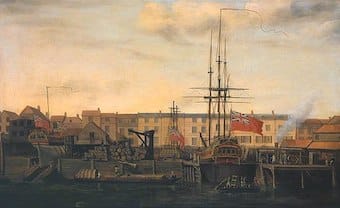Adam Smith contrasted two political types, the man of humanity and benevolence and the man of system. The man of humanity and benevolence, he said, acts by persuasion rather than force; and some aspects of society may not please him, he does not impose his own values by force because he respects social custom and individual choice.
The man of system, Smith went on, enforces his vision upon society as if playing a game of chess with dumb and unfeeling pieces. But the pawns and knights on society’s chessboard are awake and will stubbornly execute their own strategy, warned Smith, one which the politician should not arrogantly assume is inferior to his own.
113 words



